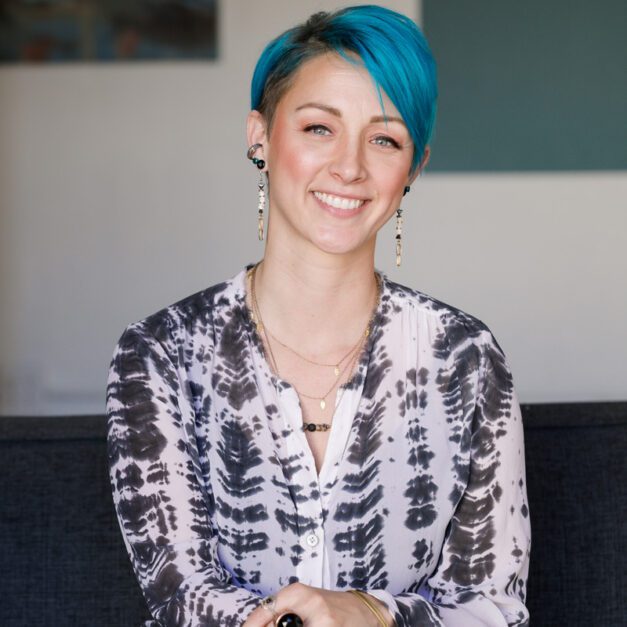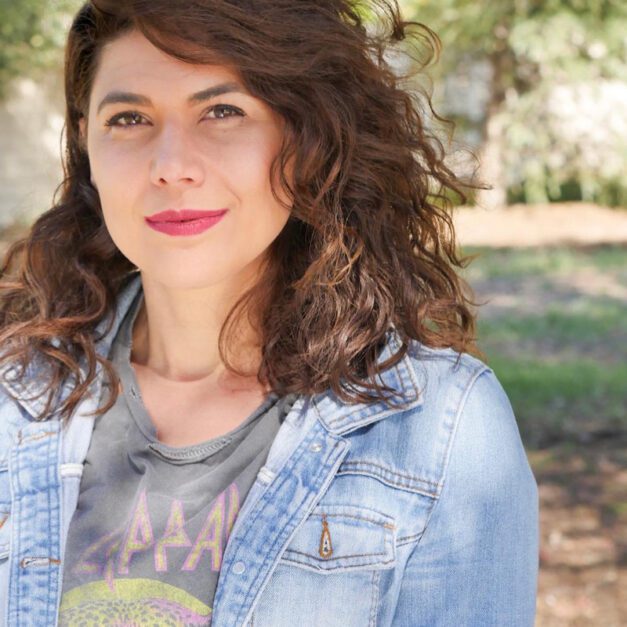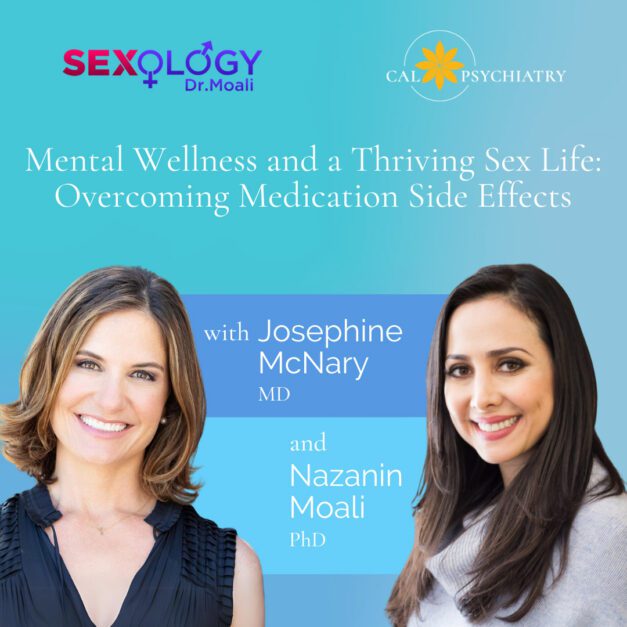In this time, many people feel more isolated than ever due to COVID, politics, etc. People may feel alone in their views and “up in arms” against people who may disagree with them. Author Tania Israel’s new book, Beyond Your Bubble seeks to retrain people in empathy and help them have difficult conversations with others who hold opposing views.
In previous blog posts, we have focused on keeping ourselves mentally healthy during the pandemic. One of the most difficult aspects of this time has and continues to be the physical isolation from friends and family. But what about the emotional divide that is happening simultaneously? The political election and national events in recent months have contributed to a kind of emotional isolation for many people. Bill Schneider, a political analyst and professor at George Mason University made the bold claim that “as a country, this is the most divided we have been since the Civil War.” While this claim is nearly impossible to prove, what is true is that a lot of people feel like 1) their views are correct and 2) members of the “other side” are on a mission to dismantle their ideologies. What has resulted is a toxic mess of distrust and pessimism. Enter psychologist and author Tania Israel.
Israel’s most recent book entitled Beyond Your Bubble focuses on helping people engage in tough political conversations (and really any topic for that matter), in which the other party may hold diametrically opposing views. She discusses several factors that have caused our intense polarization. She cites a hyperbolic and overly negative media that focuses on our divisions to fuel ratings rather than foster dialogue. In addition, the rise of social media has led to an increase in conversations that are devoid of nuance. Instead of seeing another person, witnessing their facial expressions and tone of voice as you discuss politics over a cup of coffee, what we have today are Twitter comments and Facebook posts that can read as judgmental and more biting in tone. Social media is falling short in fostering and facilitating discussions among people, and the result has been people feeling more alone and divided.
So, where do we begin in having these hard discussions while still protecting our emotional wellbeing? Israel suggests we change the motivation behind engaging others. Instead of going into conversations with the intent to “change a person’s mind” or get across our point of view, make the goal understanding the other’s perspective and actively listening. Ask questions that are more than “yes/no” and that seek to understand how and why the person has evolved to believe what they do. In fact, Israel states that the most crucial technique for bridging the gap amongst people is active listening, what she describes as “’listening to understand’ rather than listening to respond.” Another key exercise is to flex the muscle known as “intellectual humility.” She suggests going into conversations with a tone of respect and using phrases like “I really want to understand where you are coming from” or attempting to summarize what a person just told you rather than launching straight into your own opinion. By doing this, we signal to the person that their opinion matters to us, even if we wholeheartedly disagree. Conversations like this can heal the gaping wound that is our political polarization and help us see “the other” as not that different from us.
Israel’s suggestions are certainly aspirational, but they will take time and practice. In the meantime, if you are struggling with the angst of the current political situation or feelings of depression, CalPsychiatry has a team of phenomenal physicians who can help you navigate these tough times. Whether it’s medication management or therapy, our doctors will take the time to actively listen to your concerns and help devise a treatment plan that is best for you.
Book a free consult today.





